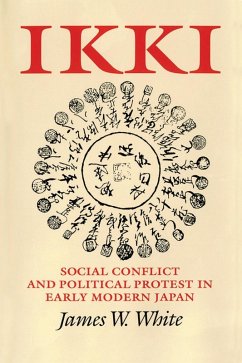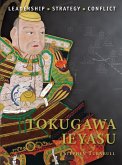The reign of the Tokugawa shoguns was a time of statebuilding and cultural transformation, but it was also a period of ikki: peasant rebellion. James W. White reconstructs the pattern of social conflict in early modern Japan, both among common people and between the populace and the government. Ikki is the first book to cover popular protest in all regions of Japan and to encompass nearly three centuries of history, from the beginnings of the Tokugawa shogunate in the 1590s to the Meiji restoration.
White applies contemporary sociological theory to evidence previously unavailable in English. He draws on the long historical record of peasant uprisings, using narrative interpretation and sophisticated quantitative analysis. By linking the texture of conflict to the political and economic regime the shoguns created, he casts doubt on competing interpretations of a contained, orderly society.
White applies contemporary sociological theory to evidence previously unavailable in English. He draws on the long historical record of peasant uprisings, using narrative interpretation and sophisticated quantitative analysis. By linking the texture of conflict to the political and economic regime the shoguns created, he casts doubt on competing interpretations of a contained, orderly society.
Dieser Download kann aus rechtlichen Gründen nur mit Rechnungsadresse in A, D ausgeliefert werden.









